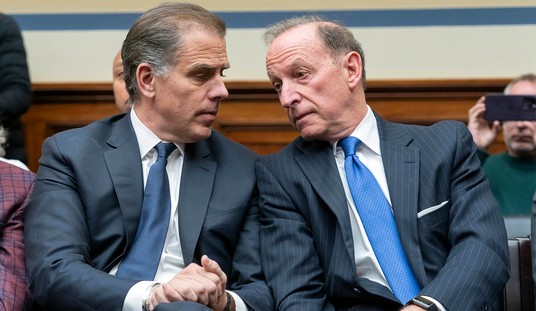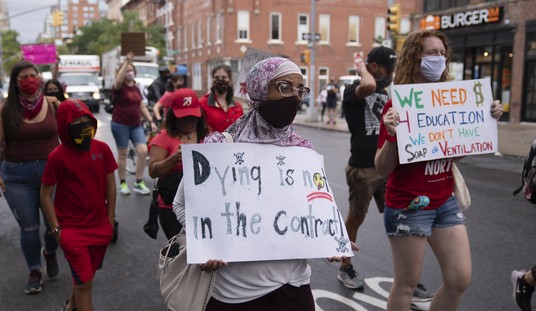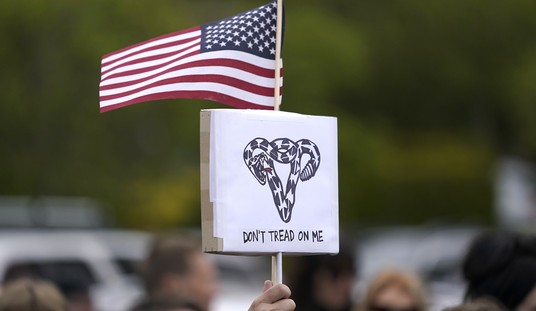Is American capitalism becoming a thing of the past? No, not hardly. Evidence to the contrary can be found in the strangest places - - even within the presidential campaign of Senator Barack Obama.
First the bad news. In the past two weeks, American stocks have lost approximately 25% of their value. In dollar terms, we‘re talking about a loss of roughly $3.16 trillion, which is more than four times the controversial $700 billion “rescue” plan that the United States Congress hesitantly approved a few days ago.
Additionally, none of the moves made by Federal Reserve Chairman Ben Bernanke and Treasury Secretary Henry Paulson have produced their desired outcomes, at least not yet. The money markets remain “frozen,” and the free-flow of credit has not yet resumed.
But consider carefully how they have responded to the crisis. The new policies from both the Federal Reserve and the U.S. Treasury have been structured so as to actually support the prices of financial assets. This contrasts with the stock market drop (I’ll refrain from calling it a “crash” since there seems to be some controversy over the technical definition of that term) of October 1987, when, President Reagan’s tax cuts not withstanding, U.S governmental policy was in many ways working against the stock market.
And notice the global response to the crisis. Finance ministers and heads of central banks were quick to pursue a coordinated response with the U.S., and Chairman Bernanke led the way. The outcome was an international round of interest-rate cuts (not interest rate increases), which included the major central banks of Europe, and with the exception of Japan, the central banks of Asia, including those in China.
Recommended
Now, the crisis is not over, the long-term impact to our economy is not yet knowable, and it’s easy to kick Bernanke, Paulson, and Bush while the chips are down. But don’t miss the big picture.
In previous crises, the instincts of policy makers have most often been to tighten monetary policy, and to implement more governmental control over economic resources. Today, policy makers around the world instinctively want to loosen monetary policy, and to encourage more economic resources to flow into the coffers of private individuals and institutions. Now, more than in previous eras, it is understood that the real hope for economic productivity is found in the private sector, and not in the halls of governments.
This may be a subtle point, and it is certainly a point that is overlooked by most of the media. But it is an important point nonetheless, and serves as further evidence that global sensibilities today lean more in a capitalistic direction than they did in earlier generations.
And now, back to the White House race. If John McCain is having a difficult time getting traction with his message of keeping tax rates low (and he is), Barack Obama is having a difficult time selling Americans on the supposed virtues of high taxes. But how could this be so?
For most of his nearly 21-month presidential campaign, Senator Obama has made a cottage industry out of hating free market enterprise. He has proposed governmental limits on corporate executive salaries. He has repeatedly expressed indignation over “excessive” corporate profits. He has promised to “reign-in” free trade, and has promised to instill “economic justice” in America (he has never clarified what he means when he says “economic justice,” but he has made it clear that America’s economy is necessarily unjust).
And more than any other economic idea, Obama has throughout his campaign reiterated that it is time to end “Bush’s tax cuts for the rich.” The term itself is misleading, in as much as earlier this decade President Bush and the U.S. Congress cut taxes across the board, not merely for “rich people.” But never mind the facts, Obama has hit political homeruns by putting a bullseye on the backs of America’s highest income earners.
Yet last week Obama backed-off from eliminating Bush’s dastardly “tax cuts for the rich,” insisting that, because of Bush’s ailing economy, it won’t be feasible to raise taxes on the wealthy right away. But why not? His sudden change of heart tells us two things: A) some significant portion of the American electorate is NOT enchanted by his politics of class warfare and envy; and B) just like those of the world’s finance ministers, the instincts of many Americans lead them to understand that wealth creation and productivity comes from the private sector, not from government - - not even from an Obama government.
American capitalism is alive and well, and it won’t be dying-off any time soon. Americans now need to decide whether it is best to elect a President who will nurture the world’s preferred economic system, or one whose passion it is to weaken it.

























Join the conversation as a VIP Member